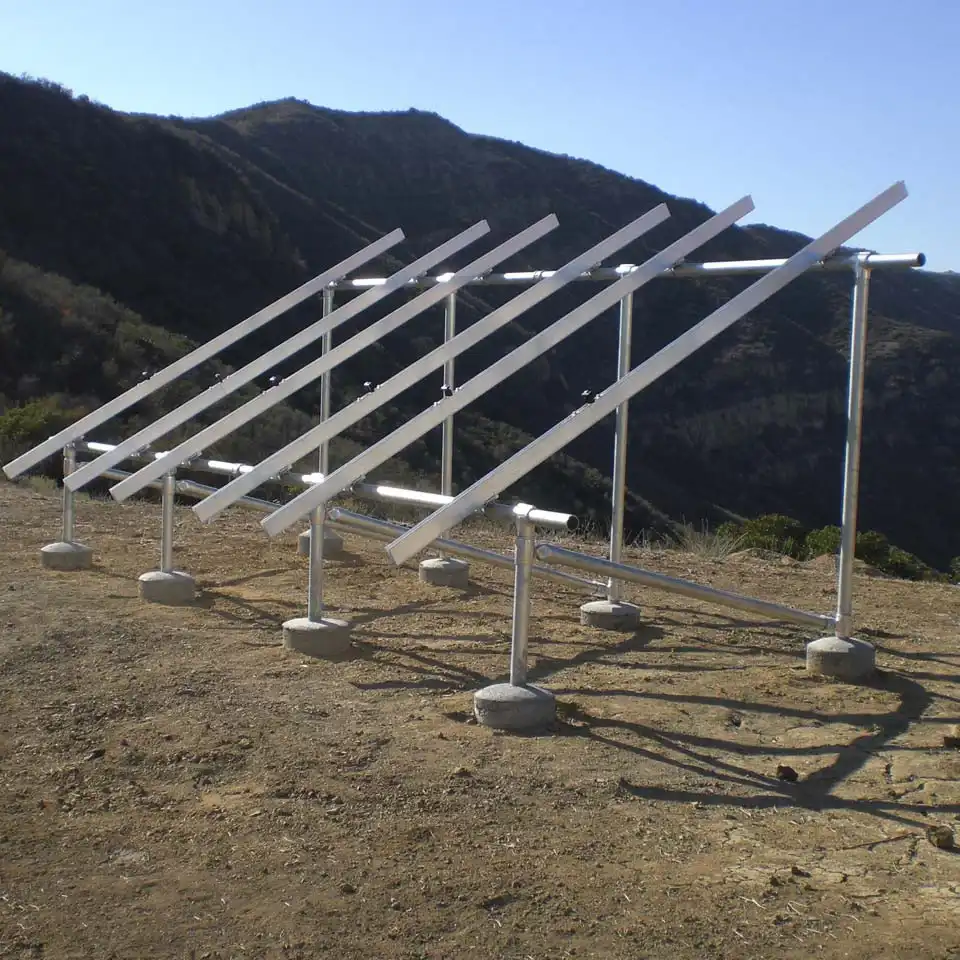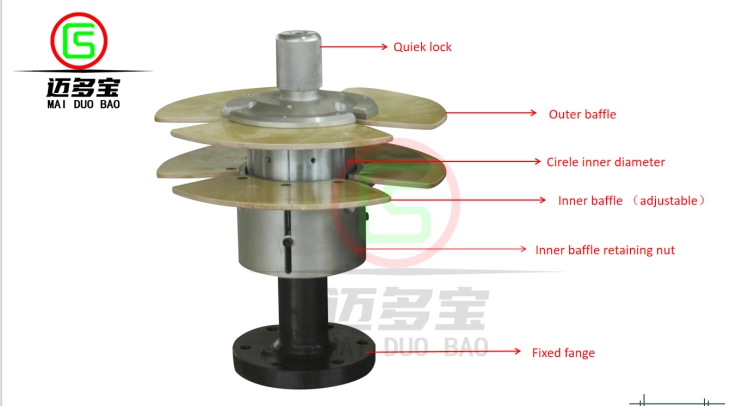In the realm of technological advancements, few inventions have had as profound an impact on our daily lives as mechanical refrigeration. From preserving food to creating comfortable living spaces, refrigeration has become an indispensable part of modern society. But have you ever wondered when this revolutionary technology first came into existence? In this article, we will delve into the origins of mechanical refrigeration and explore its transformative journey through time.
The Early Years:
The concept of refrigeration can be traced back to ancient civilizations, where people used various methods to cool and preserve food. However, it was not until the 18th century that mechanical refrigeration as we know it today began to take shape. The pioneering work of Scottish professor William Cullen in 1748 laid the foundation for this groundbreaking technology. Cullen's experiments with the evaporation of liquids in a vacuum laid the groundwork for future advancements in refrigeration.
The Birth of Mechanical Refrigeration:
The true birth of mechanical refrigeration can be attributed to American inventor Oliver Evans. In 1805, Evans designed the first refrigeration machine that used vapor compression. This marked a significant milestone in the history of refrigeration, as it provided a practical and efficient method for cooling substances. However, it wasn't until several decades later that mechanical refrigeration gained widespread recognition and adoption.
Commercialization and Industrial Revolution:
The mid-19th century witnessed a surge in the commercialization of mechanical refrigeration. Entrepreneurs and inventors recognized its potential and began developing refrigeration systems for various industries. One notable figure in this era was Jacob Perkins, who patented an improved vapor-compression refrigeration system in 1834. This invention laid the groundwork for the commercial refrigeration industry, enabling the transportation and storage of perishable goods on a large scale.
Advancements and Modernization:
As the 20th century dawned, mechanical refrigeration underwent significant advancements and modernization. The introduction of electric motors and the development of more efficient refrigerants propelled the technology forward. In 1913, refrigeration engineer Fred W. Wolf invented the first practical household refrigerator, forever changing the way we store and preserve food at home. This breakthrough innovation marked the beginning of the widespread adoption of refrigeration technology in domestic settings.
Refrigeration Today:
Fast forward to the present day, and mechanical refrigeration has become an integral part of our lives. From refrigerators in our homes to air conditioning systems in our offices, this technology has revolutionized our comfort and convenience. Moreover, industries such as food processing, pharmaceuticals, and transportation heavily rely on refrigeration to ensure the safety and quality of their products.
Conclusion:
The journey of mechanical refrigeration from its humble beginnings to its ubiquitous presence in our lives is a testament to human ingenuity and innovation. Starting with the experiments of William Cullen and the pioneering work of Oliver Evans, refrigeration has evolved into a vital technology that shapes our modern world. As we continue to push the boundaries of science and engineering, it is fascinating to imagine what the future holds for this remarkable invention.


